astrobiology
Ammonium salts reveal reservoir of 'missing' nitrogen in comets
Arrival delayed! Water, carbon and nitrogen were not immediately supplied to Earth
We knew that, at least in principle. (The beginning of the PR is a bit misleading in that respect.)
ecology
Western gorillas may be territorial
... but they haven't really understood that the biggest threat to their territories doesn't come from other gorilla groups but from humans.
A new use for museum fish specimens
Ocean acidification impacts oysters' memory of environmental stress
nanoworld
How the historically misunderstood amyloid helps to store memories
For the first time, scientists from the Stowers Institute for Medical Research and collaborators have described the structure of an endogenously sourced, functioning neuronal amyloid at atomic resolution. The amyloid is composed of self-aggregated Orb2, the fruit fly version of the mRNA-binding cytoplasmic polyadenylation element-binding (CPEB) protein, which has been linked to long-term memory storage. The results of this work, published online March 13, 2020, in Science, have some very interesting implications.

Atomic structure of biochemically active Orb2 amyloid reveals the stacked three-fold helical symmetry of the filament core. Inset: A reconstruction of the Orb2 amyloid filament core was generated using cryo-electron microscopy combined with image processing.
Credit: Si Lab, Stowers Institute for Medical Research
A molecular map for the plant sciences
The title of the Nature paper is more helpful: Mass-spectrometry-based draft of the Arabidopsis proteome
Hero proteins are here to save other proteins
Would have helped to explain how these are similar to or different from well-studied heat shock proteins serving as molecular chaperones.
light and life
Plant physiology: Safeguarding chloroplasts from sunburn
biomedical
Special report highlights potential therapeutic agents, vaccines for COVID-19
humans
At 8 months, babies already know their grammar
Even before uttering their first words, babies master the grammar basics of their mother tongue. Thus eight-month-old French infants can distinguish function words, or functors -- e.g. articles (the), personal pronouns (she), or prepositions (on) -- from content words -- e.g. nouns (rainbow), verbs (to drive), or adjectives (green), according to researchers from the Integrative Neuroscience and Cognition Center (CNRS/Université de Paris).
Monty Python's silly walk: A gait analysis and wake-up call to peer review inefficiencies
Healthier and happier without Facebook
The benefits of spending 20 mins less on the site each day. (I only spend less than 20 mins normally, so can't implement this.)
---------------
From the news media:


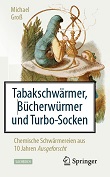


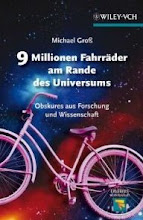
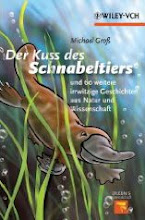

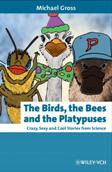




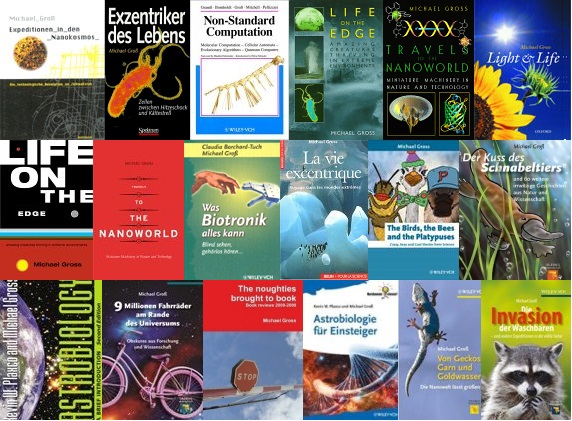
No comments:
Post a Comment